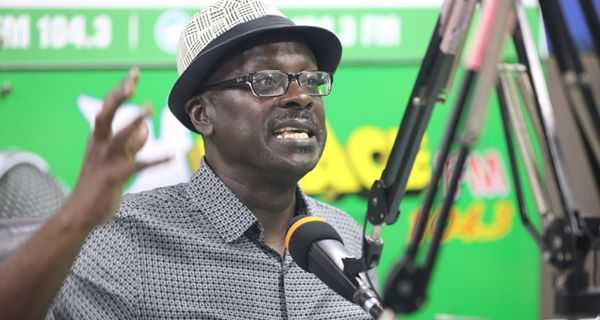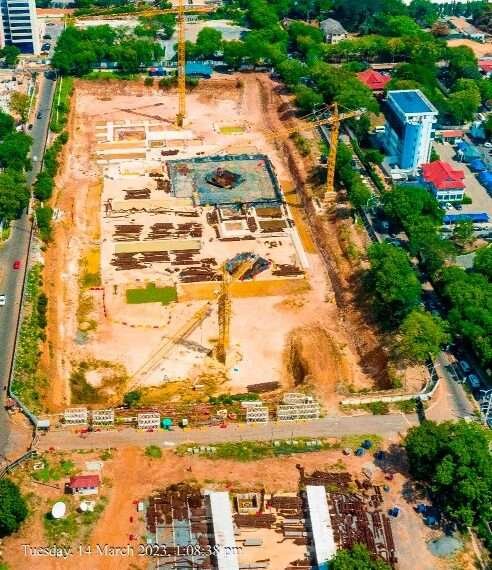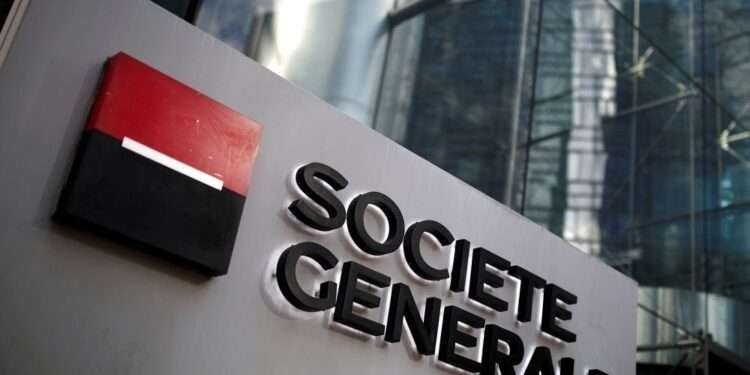The National Cathedral Scandal has rapidly become the country’s most expensive unbuilt project, according to Prof. Stephen Kwaku Asare, a Democracy and Development Fellow at CDD-Ghana.
What initially began as a personal religious pledge has, in his assessment, transformed into a financial catastrophe that has drained over GH₵604million ($58 million) from state funds, as confirmed by a CHRAJ investigation.
Prof. Asare highlighted that Deloitte’s recent audit report has only deepened public dismay. The report issued a partial disclaimer, flagged serious irregularities, raised a warning, and revealed debts that could inflate total costs to nearly $97 million. He emphasized that such findings expose the dire financial health of the project.
The academic labeled the situation “Misgovernance in the Name of God”, pointing out that the CHRAJ report reveals a blatant abuse of power.
He criticized the release of over GH₵339 million without parliamentary approval, describing it as a conscious attempt to sidestep constitutional protocols, despite government assurances that the project would be privately funded.
“But that’s not the most damning part. The revelation that Rev. Victor Kusi-Boateng operated under a second identity—Kwabena Adu Gyamfi—to simultaneously sit on the Cathedral Board and receive payments through JNS Talent Centre Ltd. is nothing short of identity fraud. The ₵2.6 million payment to his company, without any documented justification, was not just unethical, it was criminal.”
Prof. Stephen Kwaku Asare
Accordingly, Prof. Asare criticized the procurement practices involved in the National Cathedral Scandal. He described them as a textbook example of public fund mismanagement.
Contracts were awarded without competitive bidding, tenders were absent, and there were no analyses ensuring value for money. Firms like Adjaye & Associates, Ribade JV, and JNS Talent Centre, he argued, were all part of a murky network operating without transparency or accountability.

Deloitte’s audit findings, Prof. Asare explained, reinforce the severity of the situation.
While CHRAJ unveiled top-level misconduct, Deloitte’s financial audit uncovered the deeper, systemic problems. Instances like GH₵15.7 million paid prior to contract signing, scope expansions worth over $12 million without requisite approvals, and invoices submitted in mixed currencies without Bank of Ghana oversight were cited as alarming examples.
There were also conflicting payment records, missing documentation, and unexplained mobile money reversals that, in Prof. Asare’s words, were “more mysterious than the Spirit and twice as untraceable.”
He warned that the financial viability of the Cathedral is in serious question, asserting that it represents not a spiritual monument but a bottomless financial pit.
Call For Full Forensic Audit On National Cathedral Intensifies
Prof. Kwaku Asare further stressed why a forensic audit of the National Cathedral is essential at this point. While both CHRAJ and Deloitte have provided critical findings, their investigative mandates were limited.
CHRAJ’s probe was constrained to constitutional breaches, ethical lapses, and administrative justice, lacking the authority to trace illicit funds or pursue criminal prosecution.
Deloitte’s work, meanwhile, focused strictly on financial reporting and compliance, without delving into fraud detection or identifying hidden beneficiaries.

As a result, CHRAJ recommended a forensic audit, and the government has instructed the Auditor-General to carry one out.
Prof. Asare argued that such an audit could finally uncover whether funds were deliberately diverted or stolen.
“A forensic audit goes far beyond the scope of CHRAJ and Deloitte. Only a forensic audit can follow the money, unmask hidden beneficiaries, reconstruct shredded trails, and determine whether funds were deliberately diverted or stolen. It is the missing link between troubling findings and actual accountability.
“Most importantly, a forensic audit connects the financial misconduct to individuals, enabling enforcement of Article 187(7)(b) of the Constitution—disallowance and surcharge—and laying the foundation for prosecution.”
Prof. Stephen Kwaku Asare
According to Prof. Asare, the current findings, while troubling, are insufficient if they do not lead to real consequences.
He emphasized that financial misconduct should not result in mere paper reports but should lead to disallowance, surcharges, and eventual criminal charges.
He further argued that prosecutions must follow. If this situation is not treated as a prosecutable offense, he warned, it would send a dangerous message that financial mismanagement at elite levels is acceptable.
The displacement of judges, demolition of apartments, and the squandering of $97 million should not be ignored. He cautioned that failing to act would not merely tolerate corruption—it would entrench it.

Prof. Asare clarified that his call for accountability is not an attack on religion or development but a demand for ethical governance. He urged that the issue must not be reduced to partisan politics.
Individuals, not political parties, orchestrated these schemes, signed these contracts, and benefited from the transactions. Those individuals, he stated, must be named, prosecuted, and, if found guilty, jailed.
He concluded that no one should be shielded from justice by their political affiliations. To restore trust in public institutions, accountability must become the standard, regardless of political ties or religious justifications.
Prof. Asare called for justice to flow not just like a river, but like what he termed a “Cathedral of accountability: strong, sacred, and impossible to loot.”
The public, he warned, is watching, and without action, the nation’s foundation of justice could crumble louder than the unbuilt Cathedral itself.
READ ALSO: Ayra Starr Makes RIAA Latin Diamond History



















